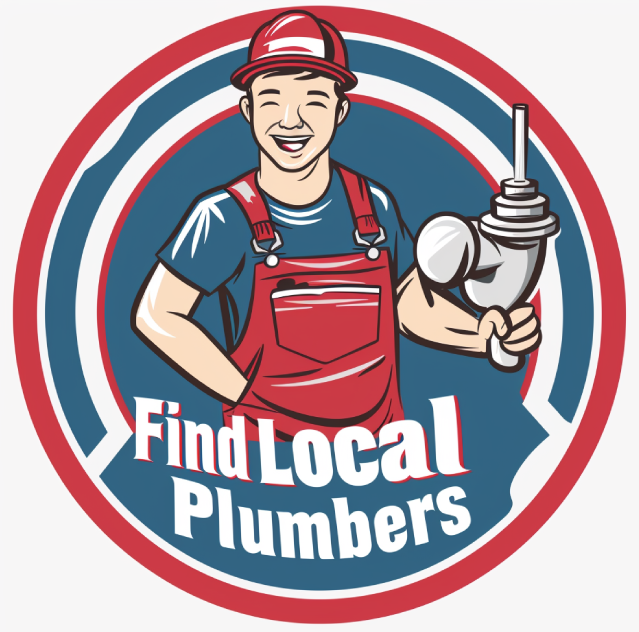
Verification that entertainment or recreational areas and/or furnishings promoting social engagement are provided. Verification that kitchen and dining area(s) are large enough to accommodate all residents sharing meals together. Verification that furnishings are typical of those in single family homes or apartments as opposed to institutional settings.
C. Core Principle: Create a culture of empowerment where residents engage in governance and leadership
Verification that laundry services are accessible to all residents. Policies and procedures for ongoing performance development of staff appropriate to staff roles and residence level. Policies and procedures that serve the priority population, which at a minimum include persons in recovery from substance use but may also include other demographic criteria. Evidence that some rules are made by the residents that the residents (not the staff) implement. Use of an accounting system which documents all resident financial transactions such as fees, payments and deposits. Documentation that the owner/operator has current liability coverage and other insurance appropriate to the level of support.
- Successful sober homes establish and reinforce healthy lifestyles, provide a safe and stable place to live, conduct meaningful activities, and build relationships and social networks for support.
- Policies protecting resident and community privacy and confidentiality.
- Recovery residences — formerly known as halfway houses — are licensed residential treatment programs, while Massachusetts sober homes are peer-led and do not provide treatment.
- Certified sober homes have comfortable spaces for living, sleeping, and engaging with peers, all of which make them valuable and safe spaces for recovery.
- Community or residence meetings are held at least once a week.
- Each guest can expect a clean bed, sufficient clothing storage, HDTV w/ cable and free wifi in every room inside a clean, well maintained home cared for by the guests who stay there!
Serious Sober Living for Men in Taunton, MA
Notably, MASH administers the Fire Sprinkler System Program (FSSP), which provides grants of up to $80,000 per home for the installation of fire sprinkler systems in MASH-certified sober homes. This program is essential for helping homes comply with state and local fire safety codes, thereby ensuring a safe living environment for residents. MASH was formed in 2007 when a group of sober home operators recognized the need for consistent standards and greater accountability within the sober housing community.
A History of the Massachusetts Alliance for Sober Housing
Ideally, eligibility to deliver services includes lived experience recovering from substance use disorders and the ability to reflect recovery principles. We are active from the local to the state level, continuously advocating for the rights of sober home residents and operators. Join our sober living community or refer a client, family member, or friend. Submit an application online and receive a call back within 24 hours. 27.e Documentation that resident and staff engage in community relations and interactions to promote kinship with other recovery communities and goodwill for recovery services.
» Certification
Policies protecting resident and community privacy and confidentiality. Prior to the initial acceptance of any funds, the operator must inform applicants of all fees and charges for which they will be responsible. mash sober houses This information needs to be in writing and signed by the applicant.

Policies and procedures that keep residents’ records secure, with access limited to authorized staff. A policy and practice documenting that a resident is fully informed regarding refund policies prior to the individual entering into a binding agreement. Policy and procedures that ensure all Halfway house residents are age eighteen or older at time of admission.
Grievance policy and procedures, including the right to take grievances that are not resolved by the house leadership to the operation’s oversight organization for mediation. Sober homes applying for annual recertification must remit payment of certification fees during the recertification process and prior to scheduling the home inspection. © 2025 💜 Vanderburgh Sober Living ™ is a cooperative network of independently operated sober living homes organized by The Vanderburgh Foundation, Inc., a registered 501(c)3 Charitable Foundation. The VSL and Vanderburgh House ™ brands are used with permission by VSL Chartered Operators. Evidence that staff and residents model genuineness, empathy, and positive regard. Staff and/or resident leaders educate residents about local community-based resources.
- Evidence that supervisors (including top management) create a positive, productive work environment for staff.
- Policy and procedures that ensure all residents are age eighteen or older at time of admission.
Fill out this application form to begin the process of becoming a MASH member!
Cultural responsiveness and competence training or certification are provided. Policies that value individuals chosen for leadership roles who are versed and trained in the Social Model of recovery and best practices of the profession. Evidence that staff are encouraged to have a network of support.
Standards

The mission of the MASH is to support individuals in recovery by ensuring access to high-quality sober living environments. MASH is dedicated to promoting the health, safety, and well-being of residents through rigorous certification standards that align with the National Alliance for Recovery Residences. These standards ensure that sober homes provide safe, structured, and supportive environments crucial for long-term recovery. MASH’s recovery values emphasize health, home, purpose, and community. Successful sober homes establish and reinforce healthy lifestyles, provide a safe and stable place to live, conduct meaningful activities, and build relationships and social networks for support.

I. Core Principle: Cultivate the Resident’s Sense of Belonging and Responsibility for Community
Payment terms for sober homes vary, and residents are given written house agreements. MASH-certified sober homes are governed by standards that address safety from an administrative, operational, property, and “good neighbor” perspective. Establishing a strong sober home community culture is critical to success in recovery. MASH-certified sober homes must also offer a peer-based environment and be drug- and alcohol-free. In July 2014, Massachusetts passed legislation that mandates the monitoring and voluntary certification of Massachusetts sober homes.
